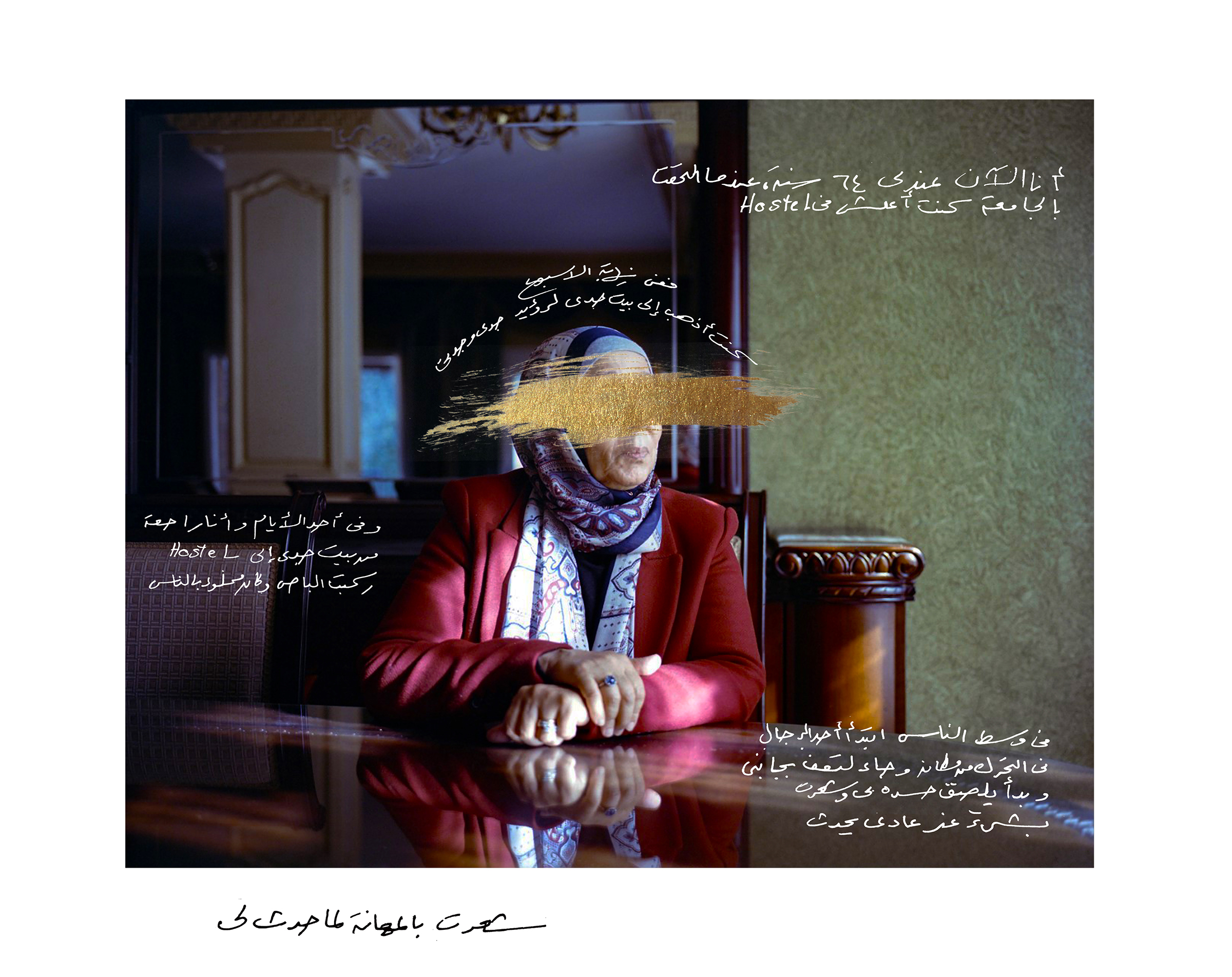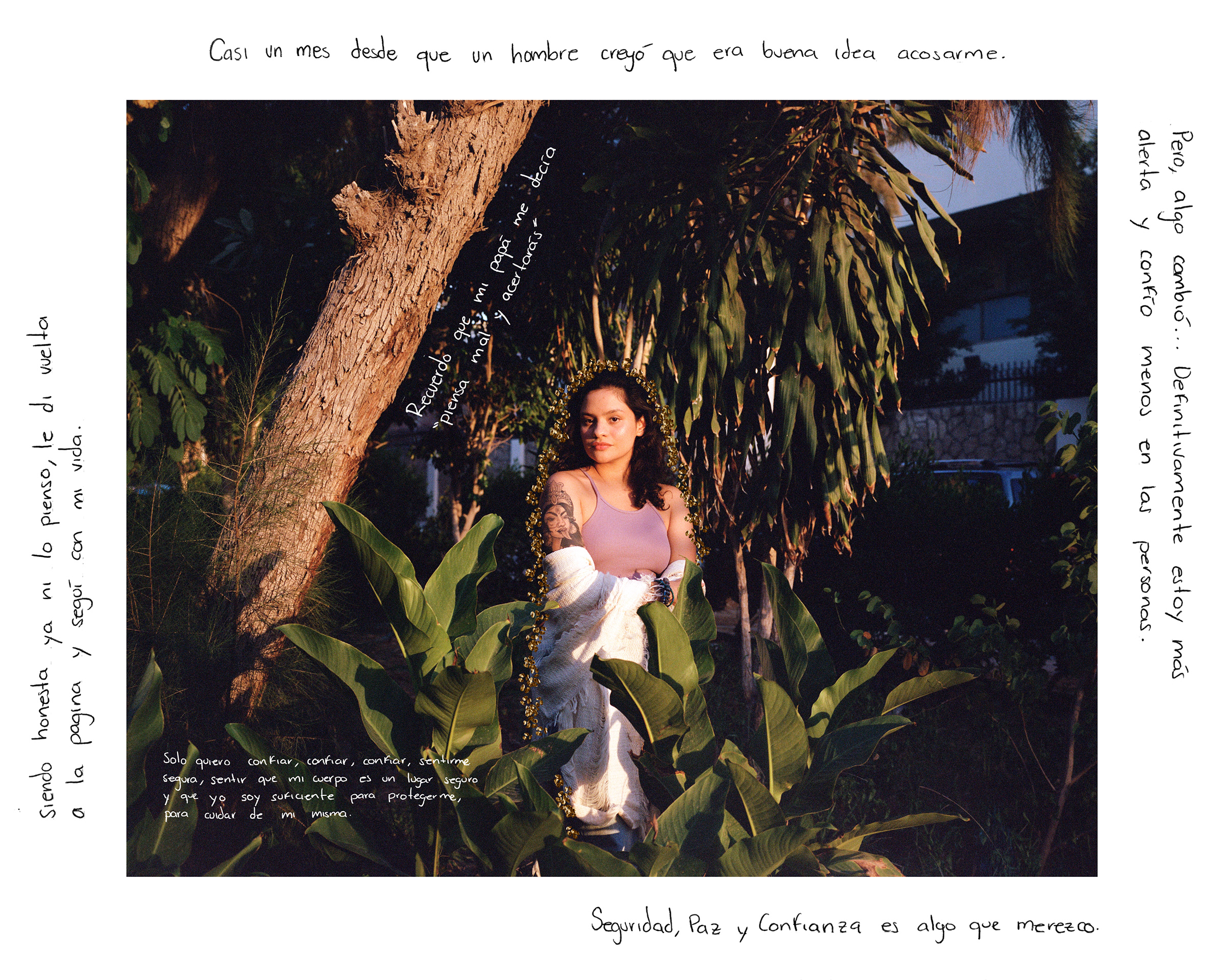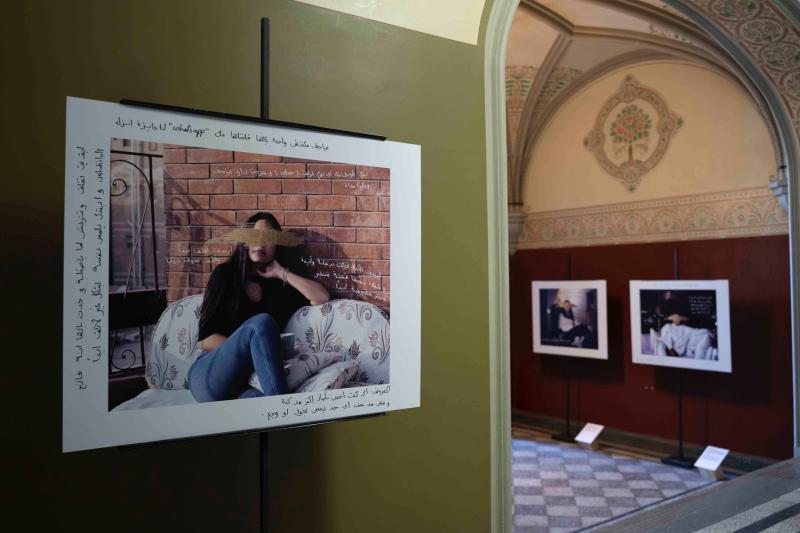مش عيب
Shame Less: A Protest Against Sexual Violence
Shame Less is a documentary investigation of the matrix surrounding violence against women in Egypt. It aims at untangling the various factors and settings connected to gender-based violence: workplaces, homes, religion, the justice system, and the media, exposing the nuances of the worldviews and contexts that have culminated in the dismissal, normalization, or enactment of this violence.


Sexual violence is a pervasive universal problem with 1 in 3 women globally being subjected to it. Egypt, in particular, is a country where violence against women is extremely pervasive. According to a 2013 United Nations study, “virtually all Egyptian women have been victims of sexual harassment,” with 99.3 percent of the women surveyed in the study have been sexually harassed. The simple action of standing in the street
can expose women to harassment and abuse of all kinds.
Last year, the Egyptian government committed to ending gender-based violence as part of the UN’s SDGs. We are yet to see this commitment being translated into compliance. Although Egypt has had its “#MeToo” moments, its effects have been rather transient, and its popularity has been limited to social media platforms where algorithms tend to create an echo-chamber-effect, resulting in the involvement of a limited audience in the constructive conversation.
Last year, the Egyptian government committed to ending gender-based violence as part of the UN’s SDGs. We are yet to see this commitment being translated into compliance. Although Egypt has had its “#MeToo” moments, its effects have been rather transient, and its popularity has been limited to social media platforms where algorithms tend to create an echo-chamber-effect, resulting in the involvement of a limited audience in the constructive conversation.
In December 2020, in response to the #MeToo wave that Egyptian women led in June of the same year, I decided to start this project. In protest and solidarity with other women against sexual violence, my initial intention was to fight the stigma that surrounds reporting sexual assault. The fact that more women are sharing their stories resulted in many of us realizing the magnitude of our ongoing, deep-rooted personal and collective traumas. This is especially the case when speaking up is punished by victim blaming, gaslighting, shaming, and, eventually, silence.
I have been verbally and sexually harassed in the streets, at home, and at work in Cairo, and I am enraged by the prevalence and normalization of the problem. In this first chapter, I want to spotlight the issue and fight the stigma around reporting assault. I think we need to ask ourselves whether well-meaning men are part of the problem. Do they contribute to it? Can they be counted on as allies or is that a fantasy?
The project centers around Egyptian women’s stories of sexual violence in different public and private spaces in Cairo.
2020
I have been verbally and sexually harassed in the streets, at home, and at work in Cairo, and I am enraged by the prevalence and normalization of the problem. In this first chapter, I want to spotlight the issue and fight the stigma around reporting assault. I think we need to ask ourselves whether well-meaning men are part of the problem. Do they contribute to it? Can they be counted on as allies or is that a fantasy?
The project centers around Egyptian women’s stories of sexual violence in different public and private spaces in Cairo.
2020

















